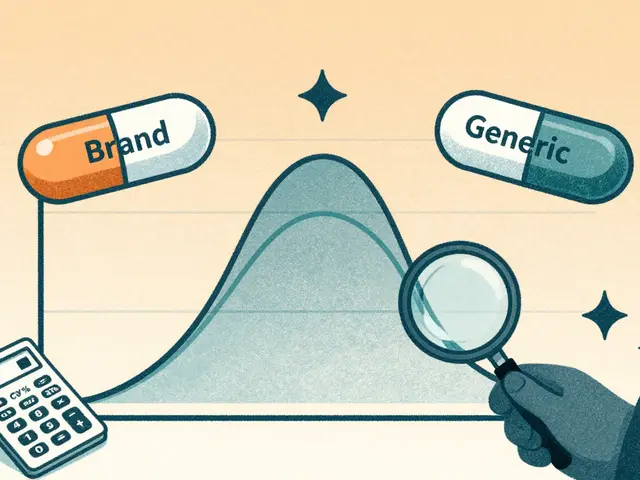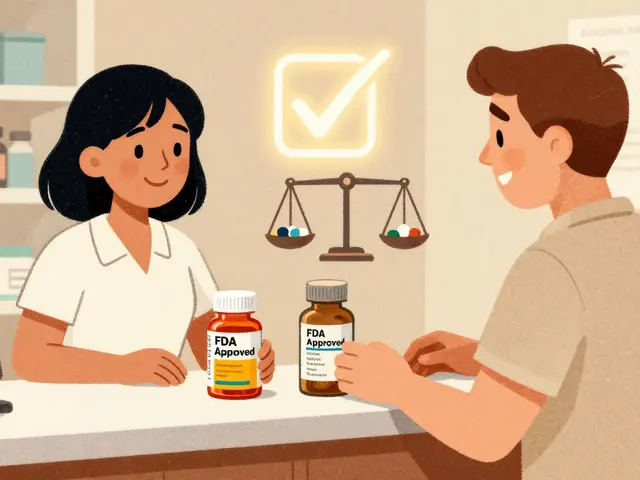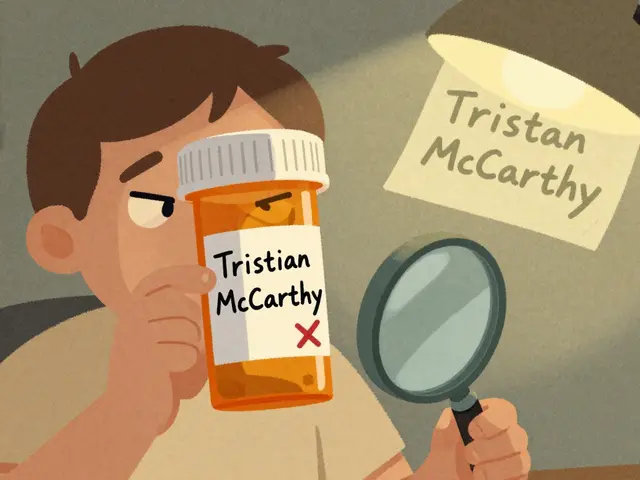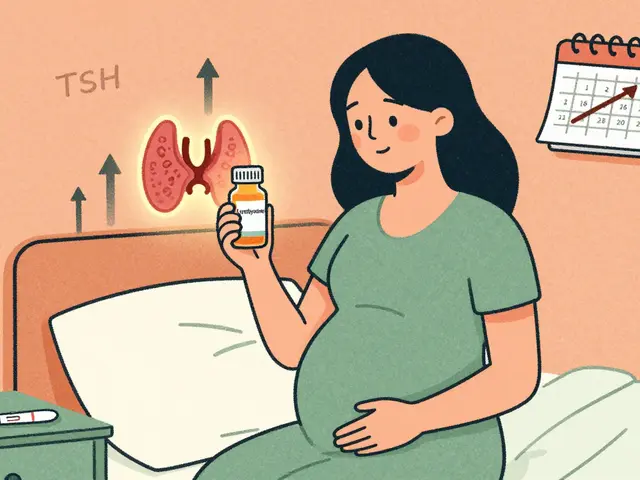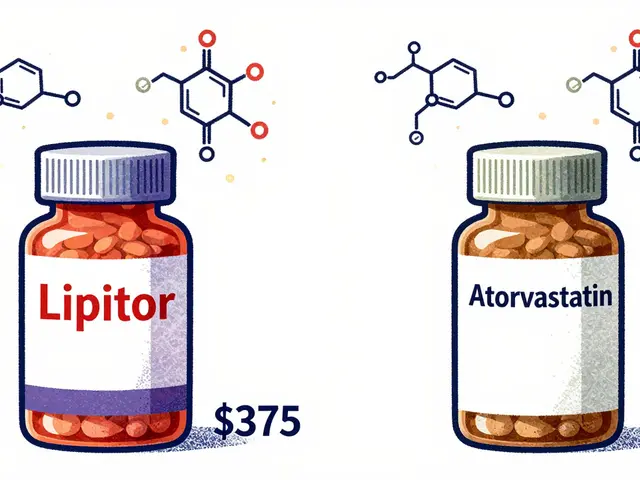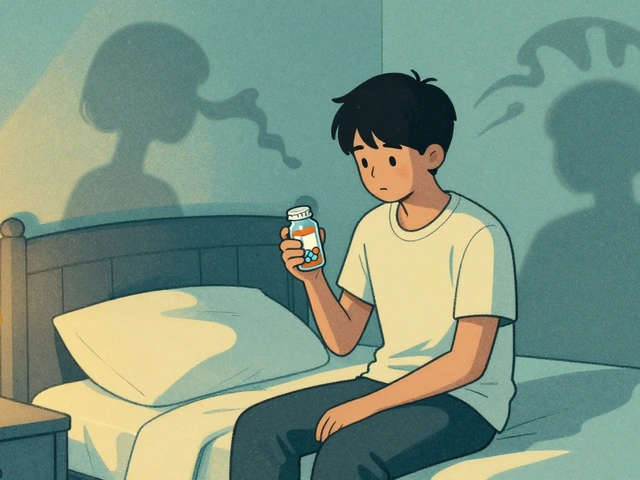Psychological impact: when meds, illness and buying choices change how you feel
Ever started a new medicine and noticed sleep changes, mood swings, or strange thoughts? That’s the psychological impact — how drugs, medical conditions and even the stress of ordering meds can change mood, thinking and behavior. This tag collects plain-talk guides so you can spot problems early and make smarter choices.
Why meds and health issues affect your mind
Many medicines act on the brain or on body systems that affect the brain. ADHD drugs like atomoxetine (Axepta) change norepinephrine and can bring focus — but some people feel jittery, irritable, or emotionally flat. Antipsychotics or anti-nausea drugs such as prochlorperazine may reduce anxiety or nausea but also cause sedation, emotional blunting, or rarely worsen mood in people with eating disorders.
Steroids like dexamethasone can cause insomnia, agitation or mania in some patients. Antibiotics (especially certain fluoroquinolones) have been linked to anxiety and confusion in rare cases. Even missing doses because of delivery delays or sketchy online orders can trigger withdrawal or relapse — which then affects mood and sleep.
What to watch for — clear warning signs
Keep an eye out for sudden changes that start after a new drug or dose change. Watch for: increased anxiety, panic attacks, hopelessness, big mood swings, new aggression, obsessive thoughts, severe sleep loss, or any suicidal thoughts. Mild nausea or tiredness is common and usually short lived — but new or worsening mental symptoms deserve attention fast.
Also note timing. If symptoms show up within days of a med change, mention it to your doctor or pharmacist. If you’re ordering meds online, delays or receiving the wrong product can cause missed doses and mood changes — so choose trustworthy pharmacies and track deliveries.
Simple tracking helps: write the start date, dose and any mood or sleep changes. A small daily note makes it easier to show your clinician what’s changed.
Practical steps you can take right now
1) Tell your prescriber or pharmacist about any mood changes. Don’t stop meds abruptly without advice. 2) Ask if there’s a safer alternative or a lower starting dose — many articles here compare substitutes (for example, ADHD options or statin alternatives). 3) Use a trusted online pharmacy and keep receipts; if you suspect counterfeit or wrong drugs, stop taking them and contact your provider. 4) Bring a short symptom diary to appointments; it speeds up safe fixes. 5) If you experience suicidal thoughts, severe agitation, or cannot sleep for days, get emergency help immediately.
Reading specific guides helps. Explore our posts on atomoxetine (Axepta), prochlorperazine and safe online pharmacy shopping to learn drug-specific risks and real-world tips. Small changes — a lower dose, a different timing, or a verified pharmacy — often fix the problem fast. You don’t have to guess which medicine is behind a mood change; track it, ask, and act.


